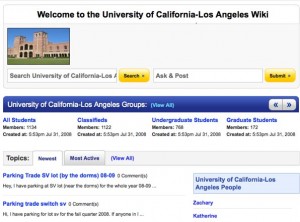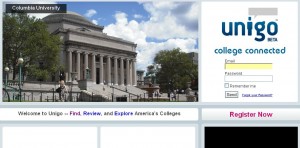A week or so ago, Forbes pre-empted the release of U.S. News’ annual college rankings guide by anointing Williams College, a small liberal arts college in Williamstown, MA, as the numero uno college in the nation.
Now if only my hometown baseball team, owned by one of Williams’ more celebrated (and recently deceased) alumni, could retain its first place ranking, all will be well in the world. But, I digress.
Today, the recognized leader in the college rankings game has issued its report and we can expect it to generate a decent share of headlines, along with lots of hand-wringing and high-fiving among those charged with gaming their university’s position on the list.
Did I use the verb gaming to describe what colleges do to bolster their standing in U.S. News & World Report‘s annual college ranking bible?
In a report today, Inside Higher Ed revealed some tweaks in the vaunted methodology used by U.S. News. Specifically, U.S. News “lessened the emphasis on” and “broadened the inputs” for the much-criticized ‘reputational’ calculation.
The reputational portion now accounts for “22.5 percent of institutional scores for ‘national’ colleges and universities, down from 25 percent.” This reflects the “ratings of college presidents” (15 percent) and “a national survey of college guidance counselors” (7.5 percent) from “the country’s best public high schools.”
In meeting with dozens of university administrators over the years, I’m always amazed by how much emphasis is placed on improving their standing in this one publication. They see it as the holy grail when it comes to courting prospective students (and their parents), while cultivating alumni (and their checkbooks). Many specialty PR firms and academic consultants claim to have the ability to influence the survey’s outcome, and institutions will pay dearly for these “insights.”
“Many colleges spend large sums of money sending materials to other presidents to try to influence them, and last year, Inside Higher Ed documented that some presidents appear to give unreasonably low rankings to their competitors and in some cases to all colleges but their own.”
But the world has changed. I’m no longer convinced that it’s worth devoting resources to gaming this one survey given the way in which influence works today, let alone the cacophonous media landscape.
In our socially connected world where young people increasingly turn to their friends and a myriad other information sources to inform their life decisions, the importance of a single, admittedly well-branded college rankings guide will likely decrease over time.
Resources like Unigo, a former client whose socially enabled digital platform aggregates college-specific content exclusively from college students themselves — bypassing admissions and administrative-speak — provides prospective applicants a much more authentic view of university life.
Will the U.S News rankings continue to create headlines? Yes. Will the ascendant colleges and universities continue to merchandise and publicize their standings to their constituents? You bet.
Can university administrators continue to correlate their institution’s ranking in these guides with an increase in applications and/or alumni donations? I’m not so sure.




This kind of information is very limited on internet. Nice to find the post related to my searching criteria. Your updated and informative post will be appreciated by blog loving people.
Help in SEO
好的部落格就要和好朋友分享–感謝分享............................................................
你怎麼能經過一片海,而忘記它的藍?......................................................................